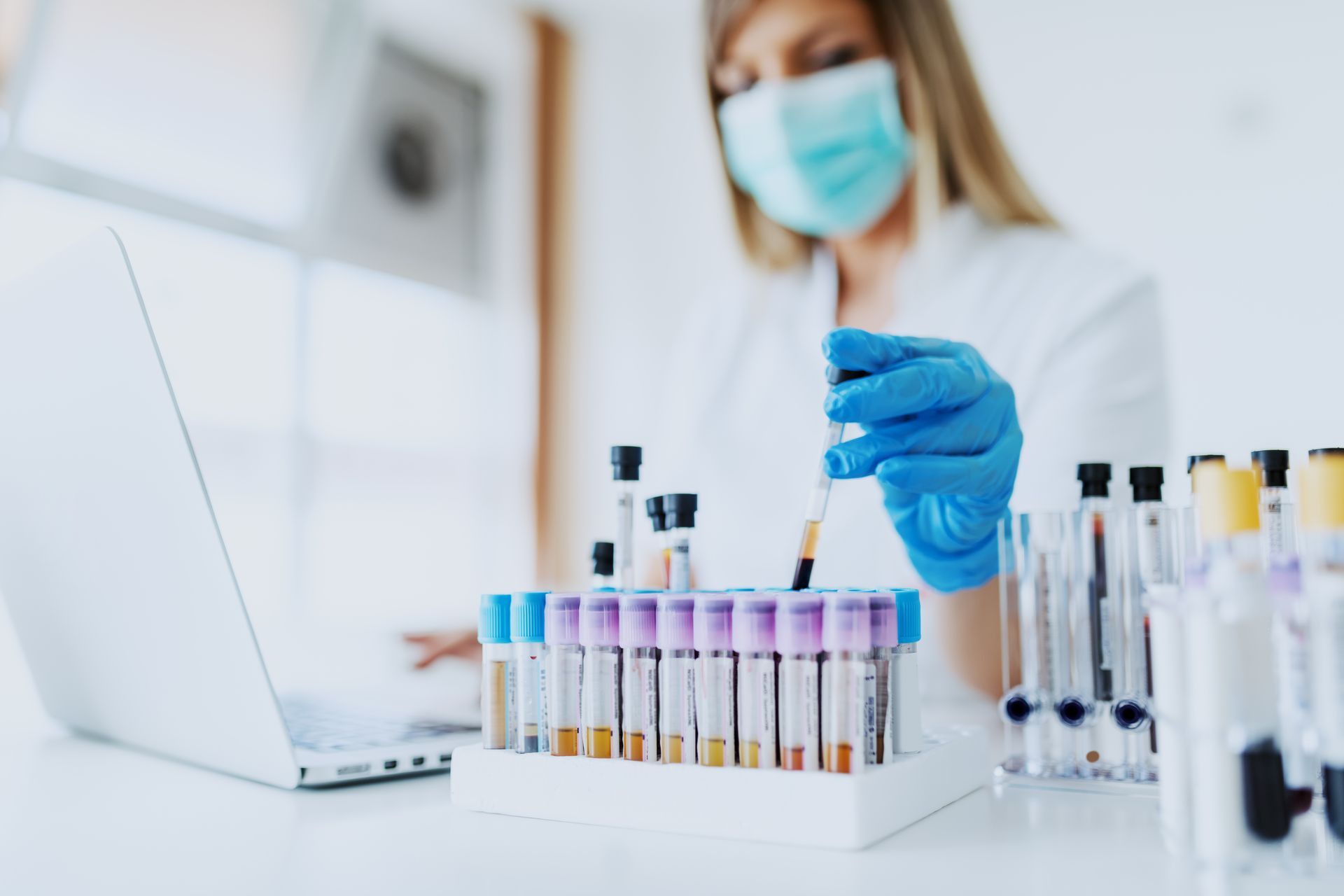The Latest Diabetes Research

Diabetes is a chronic medical condition that occurs when the body cannot regulate blood sugar levels properly. The three main types of diabetes include type 1, type 2 and gestational diabetes.
An estimated 38.4 million Americans, roughly 11.6 percent of the population, have been diagnosed with diabetes, and up to 8.7 million additional U.S. adults are living with undiagnosed diabetes. A study performed by the Houston Health Department estimates that nearly 14 percent of the metro area’s population has diabetes.
If left unmanaged, diabetes can result in other serious health complications and even death.
Research of Precision Medicine
One of the most promising advancements coming out of diabetes research is precision medicine. This approach tailors treatments to an individual's unique genetic makeup and allows for more personalized and effective interventions.
Precision medicine involves the analysis of data from a variety of sources, including genetic information, clinical data, lifestyle factors and environmental influences.
Through genetic and molecular insights, healthcare providers can create interventions tailored to the specific characteristics of each patient with diabetes. Precision medicine also considers the lifestyle and environmental factors of patients and offers early detection of diabetes through biomarkers. This offers a new and holistic approach to diabetes care.
Artificial Intelligence and Diabetes Management
In the era of digital healthcare, artificial intelligence has also become a game-changer in diabetes management. Patients with diabetes can now benefit from things like smart devices and other wearables equipped with AI algorithms. These AI-powered devices can provide real-time insights into blood glucose levels and can keep track of any unusual trends.
Islet Cell Transplantation and Beta Cell Therapies
Researchers are also exploring cell transplantation and beta cell therapies to restore insulin levels in the body.
Islet cell transplantation involves a surgical procedure where insulin-producing islet cells are extracted from the pancreas of a donor and transplanted into the pancreas of a person with type 1 diabetes. The goal of this particular procedure is to replace the damaged or destroyed beta cells and allow the patient to regain the ability to produce insulin naturally. If the transplantation is successful, the patient may experience improved blood glucose control and reduced reliance on exogenous insulin. If successful, the procedure may even lessen the progression of diabetes-related complications.
Beta cell therapies encompass various strategies aimed at protecting and enhancing the function of existing beta cells or replacing them with new, functional beta cells. Researchers are exploring approaches such as stimulating the regeneration of beta cells within the pancreas, inducing the differentiation of stem cells into functional beta cells for transplantation and applying gene therapy to allow existing cells to produce insulin.
Like islet cell transplantations, beta cell therapies also provide more effective blood glucose control and management of insulin dependency and other complications.
Gut Microbiome’s Connection to Diabetes
According to the NIH, the gut microbiota has shown to be connected to obesity, metabolic syndrome and the onset of type 2 diabetes. This is due to the established connection between the decrease in glucose tolerance and insulin resistance.
Here are some of the different ways that the gut microbiome can contribute to diabetes:
- Inflammation and Insulin Resistance: Dysbiosis is an imbalance in the gut microbiome, which can lead to chronic inflammation and insulin resistance.
- Metabolism of Dietary Fibers: An imbalanced microbiome may lead to inadequate production of short-chain fatty acids, which can potentially impact glucose homeostasis.
- Production of Bioactive Compounds: Certain gut bacteria can produce bioactive compounds, such as lipopolysaccharides (LPS). Elevated levels of LPS in the bloodstream can trigger inflammation and interfere with insulin signaling.
- Impact on Gut Barrier: Disruption of the gut barrier, often associated with an imbalanced microbiome, can lead to increased permeability. This allows harmful bacteria to enter the bloodstream, causing inflammation and insulin resistance.
- Modulation of Hormones and Appetite: The gut microbiota modulates the production of hormones like ghrelin and leptin, which are related to appetite and metabolism. These modulations may cause weight gain and insulin resistance.
Get Your Insulin or Supplies for Blood Glucose Monitoring at St. Hope Pharmacy in Houston
At St. Hope Pharmacy, we are committed to being the partner Houston diabetics can depend on for the supplies and medications they need to manage their condition. If you or a loved one are seeking help with your diabetes management, we invite you to explore our services offered here at St. Hope Pharmacy.
Visit one of our eight locations to learn more about our services or contact us today.


